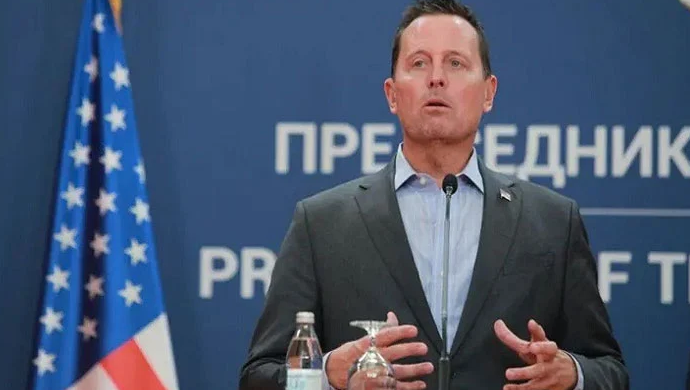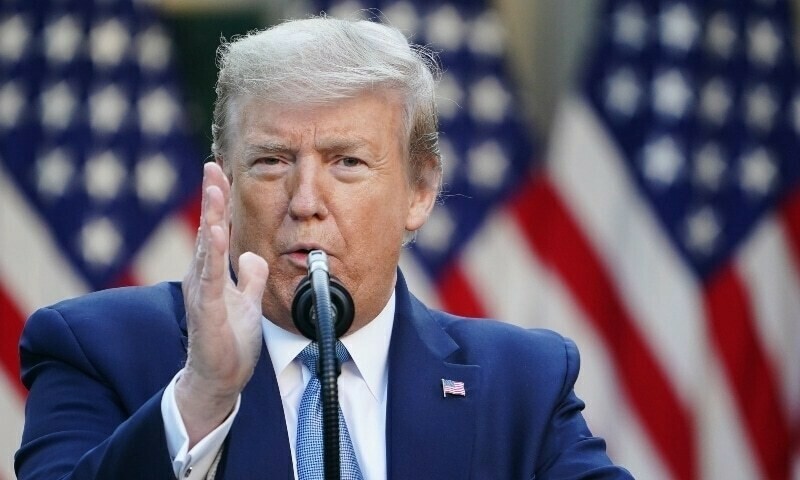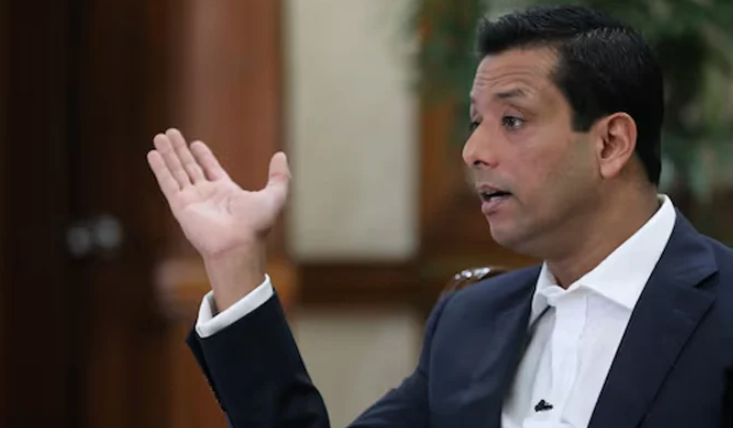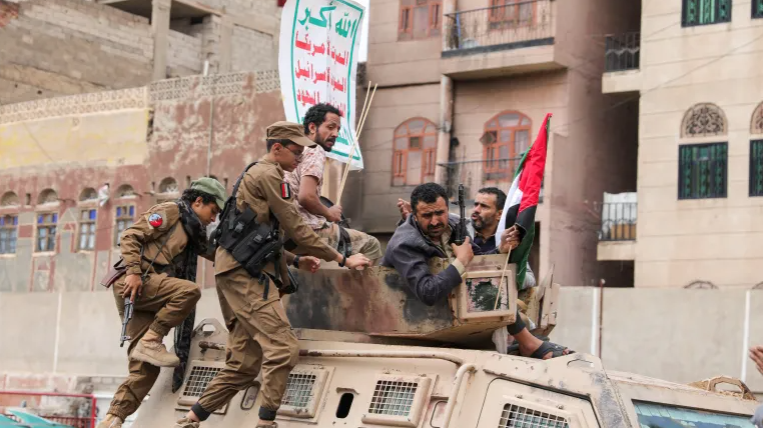WORLD NEWS
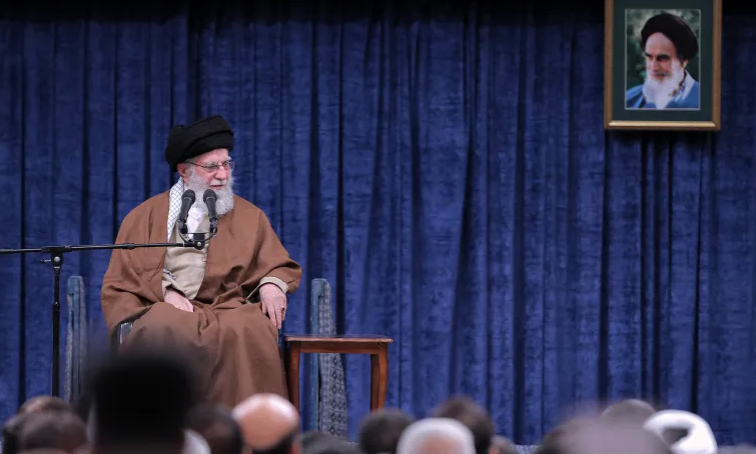
Iran's Supreme Leader Ayatollah Ali Khamenei blamed the United States and Israel for the fall of former Syrian President Bashar al-Assad. Khamenei described the toppling of Assad as part of a "joint American-Zionist plot," addressing the issue publicly for the first time. He also alluded to the involvement of a “neighboring state” of Syria, though he did not name the country responsible.
Khamenei's accusations come in the wake of the dramatic shift in Syria's political landscape, with the fall of Assad after years of military support from Iran and Russia. Iranian intelligence, according to Khamenei, had warned the Syrian government of potential threats to its stability, which he claims were ignored.
The Supreme Leader's comments add to growing tensions in the region, particularly with neighboring countries. While Khamenei did not specify which state was involved, Turkey has been a vocal supporter of Syrian opposition forces in recent years, making it a likely candidate.
The Syrian conflict, which began in 2011, has seen numerous international powers intervene. Iran and Russia's military and political backing of Assad have been crucial in maintaining his grip on power. However, Khamenei expressed confidence that Iran's influence would not wane, despite the recent upheaval in Syria. "The more pressure you apply, the stronger it becomes," he declared, highlighting Iran's resolve to continue its resistance against U.S. and Israeli influence in the region.
The collapse of Assad’s regime marks a significant blow to the so-called "axis of resistance," a coalition of states and armed groups aligned against Western and Israeli interests. While U.S. President Joe Biden linked Assad's downfall to U.S. support for Israel and various opposition groups in Syria, Khamenei dismissed these claims as ignorant, affirming that Iran’s position in Syria would remain strong.
Despite the fall of Assad, Iran emphasized that its relationship with Syria would continue, based on mutual respect and a shared vision for the future. Khamenei called for the formation of an inclusive Syrian government that represents all factions within the country.
As the situation in Syria continues to evolve, the international community remains divided over the future of the war-torn nation, with geopolitical rivalries and regional alliances at the forefront of the ongoing conflict.
